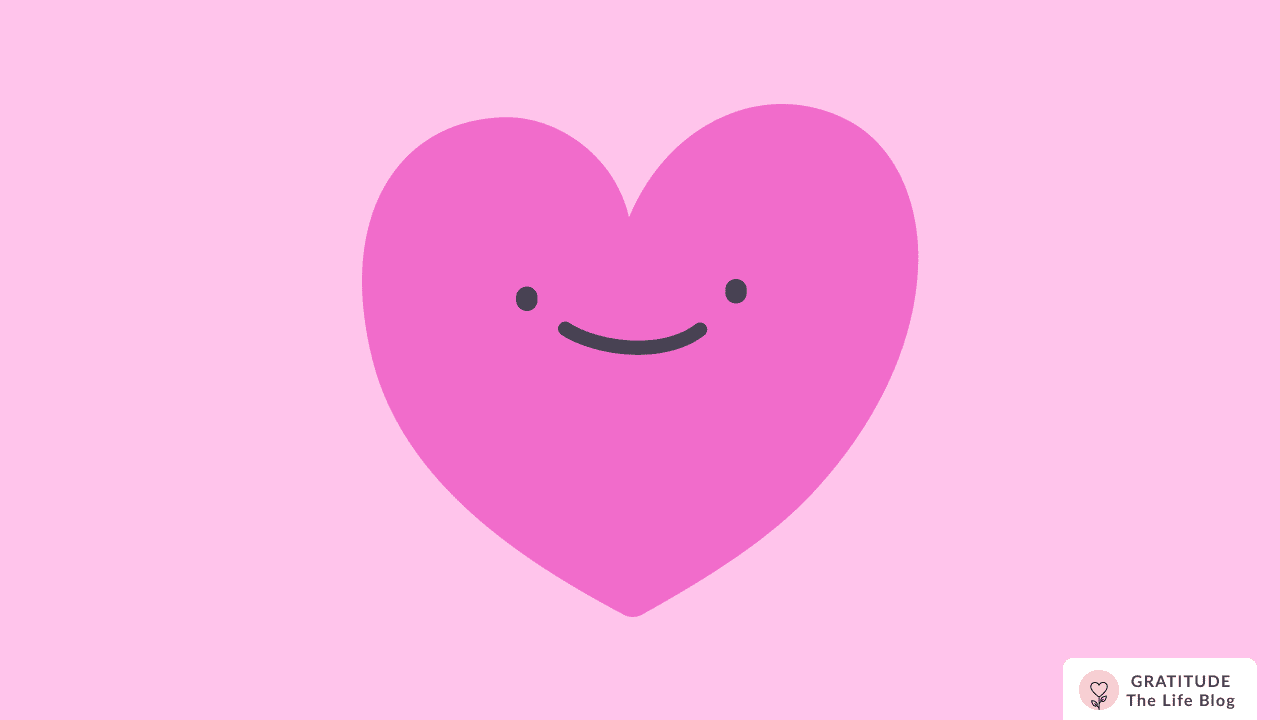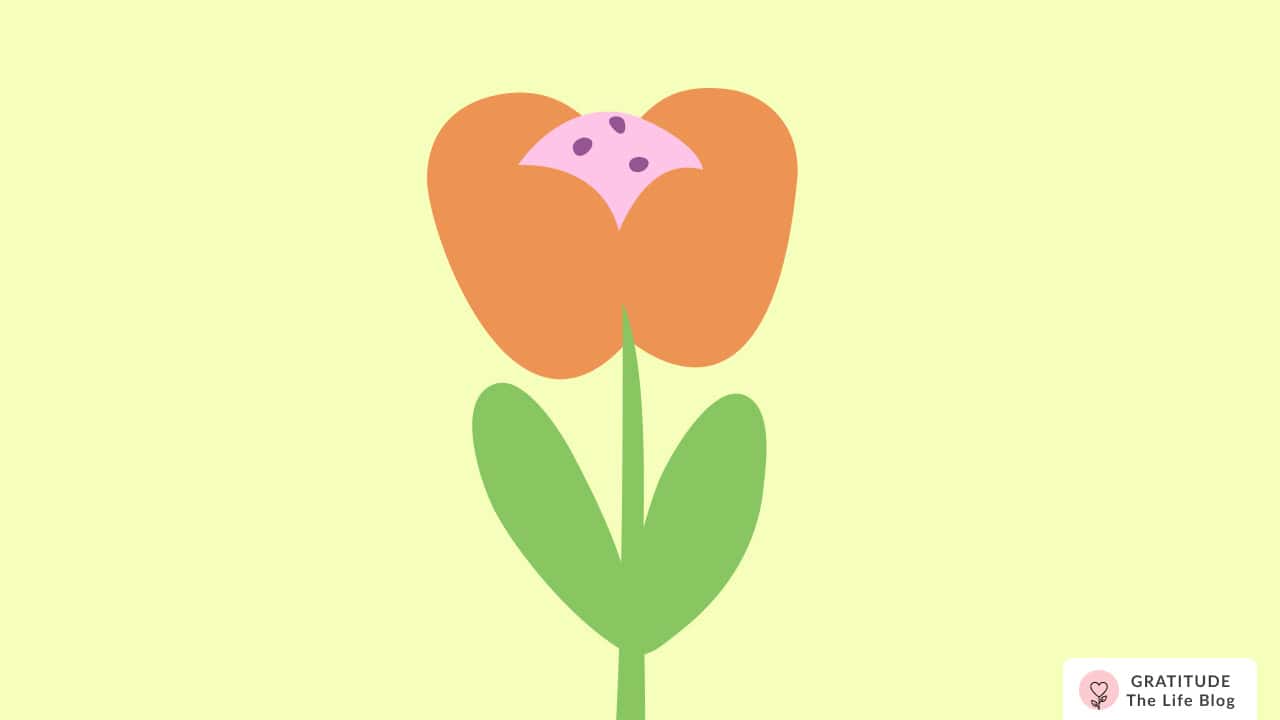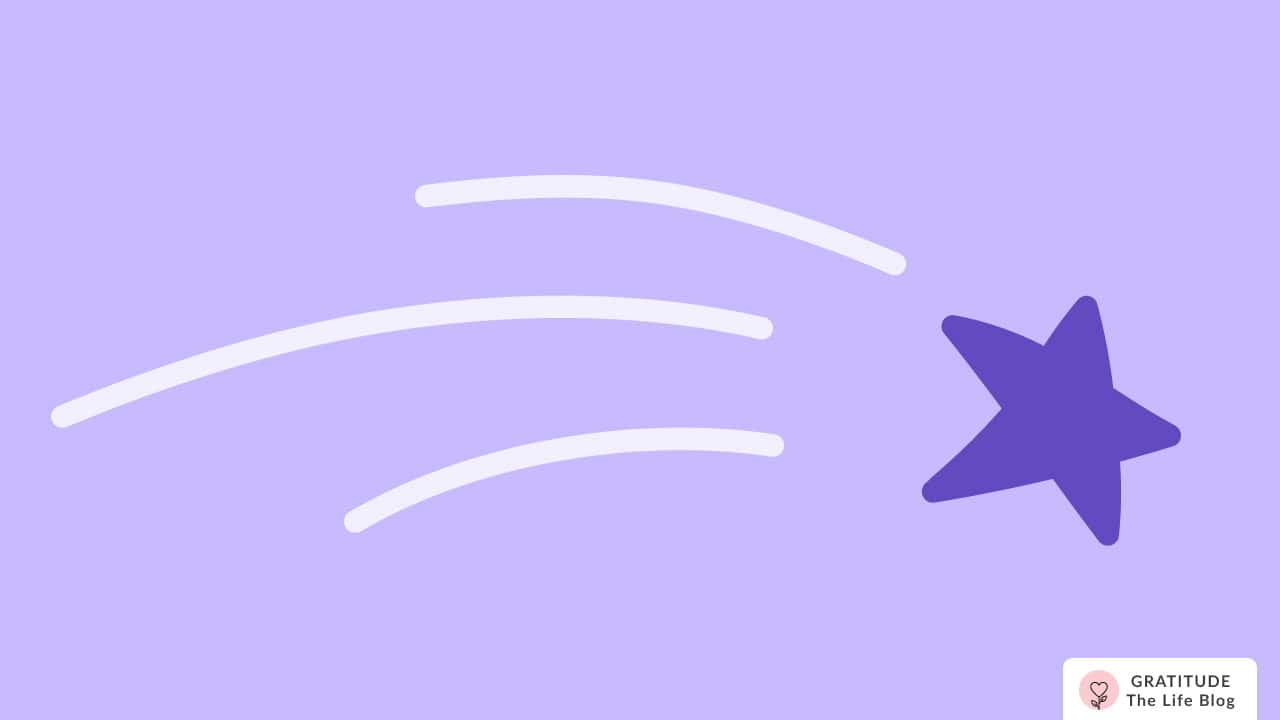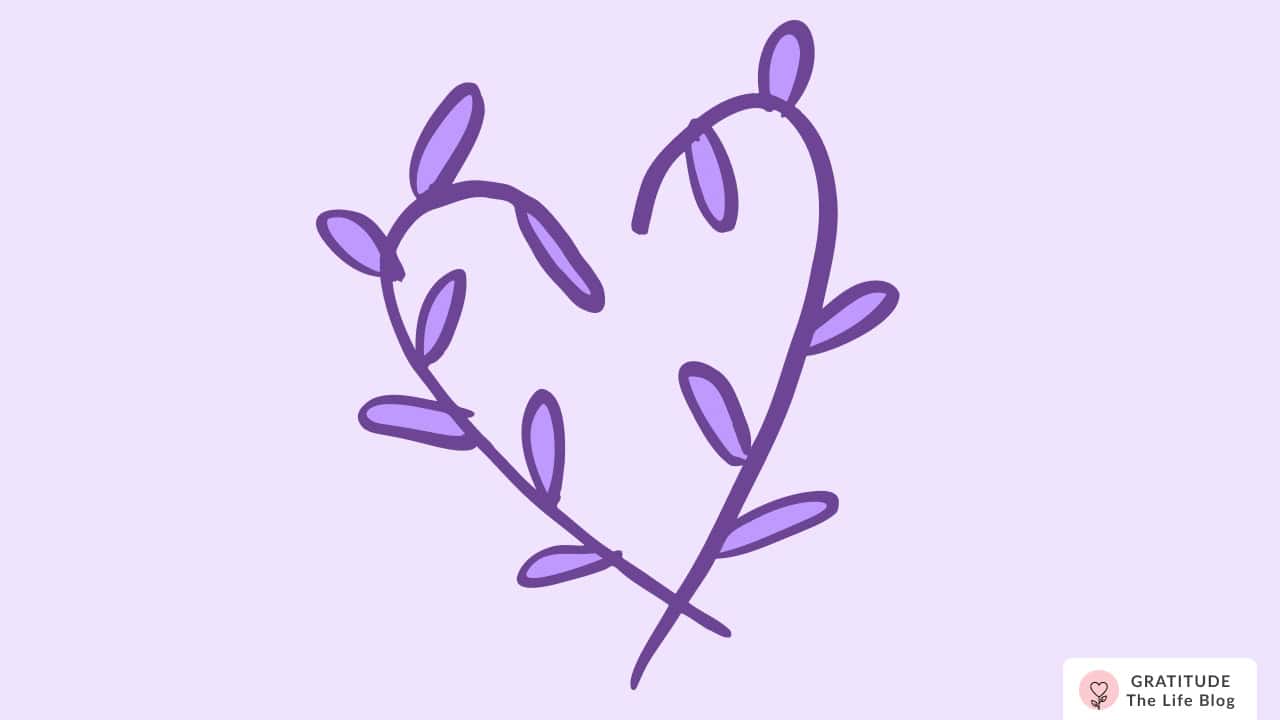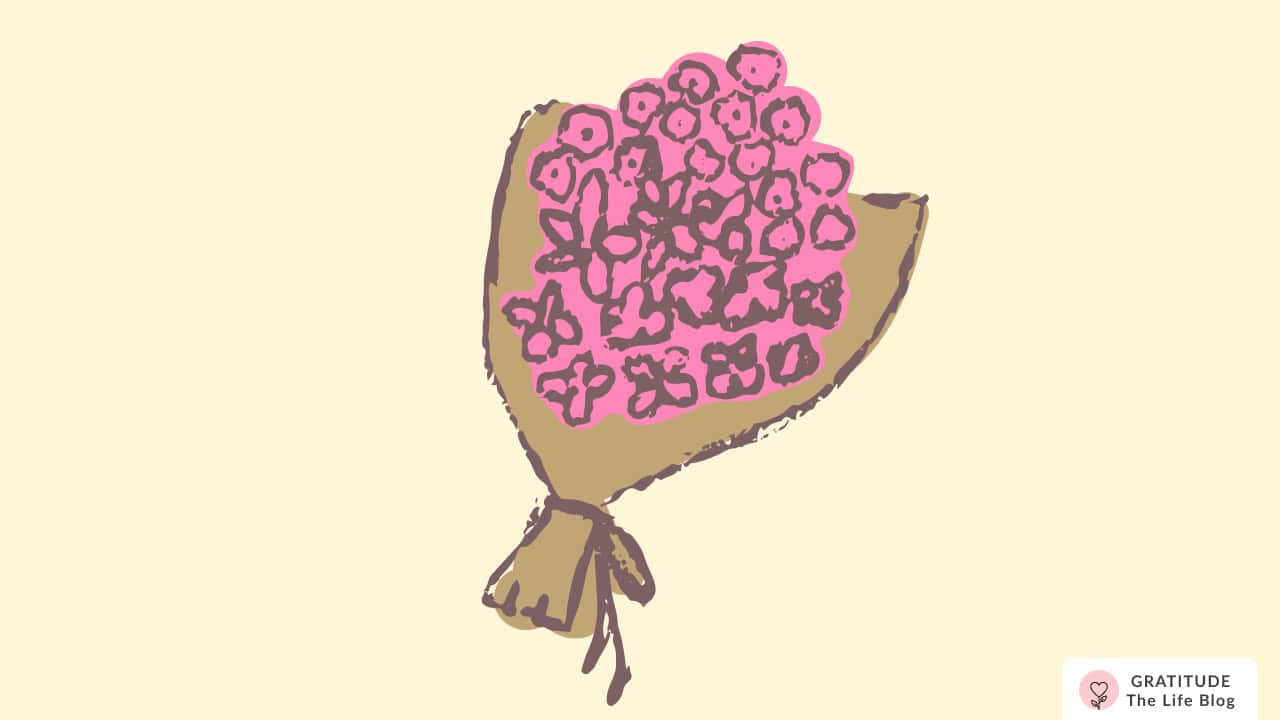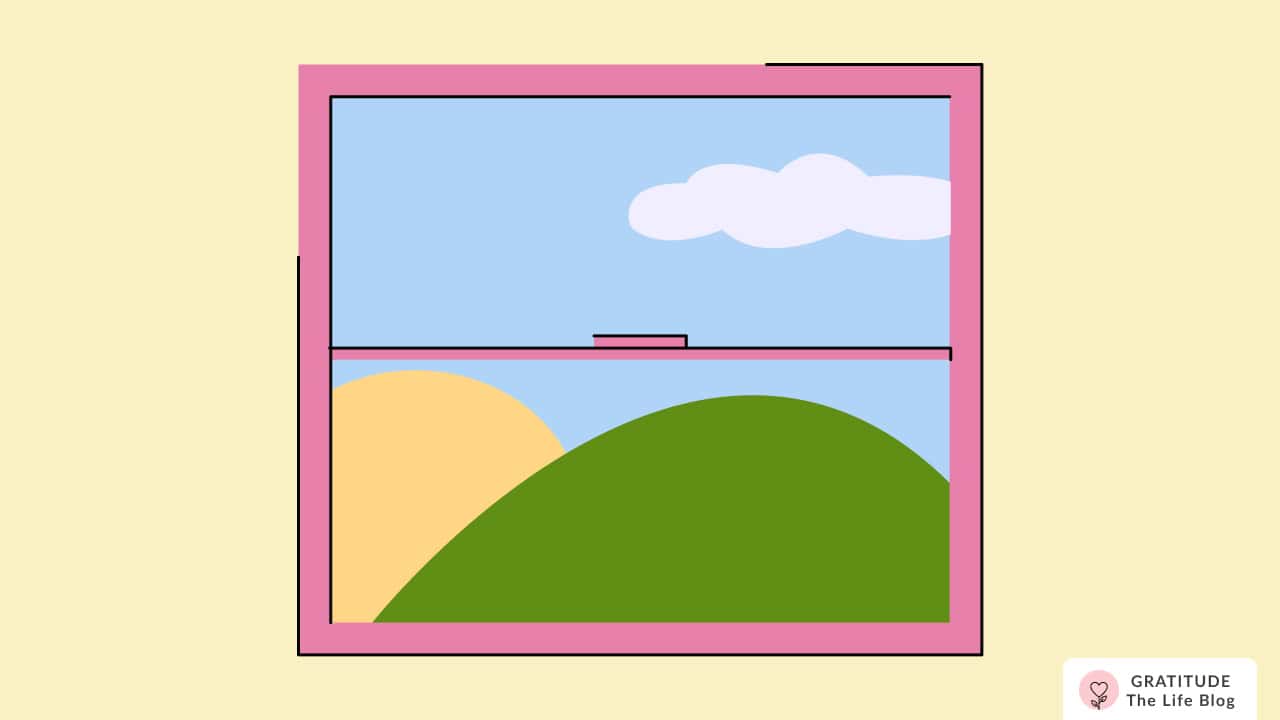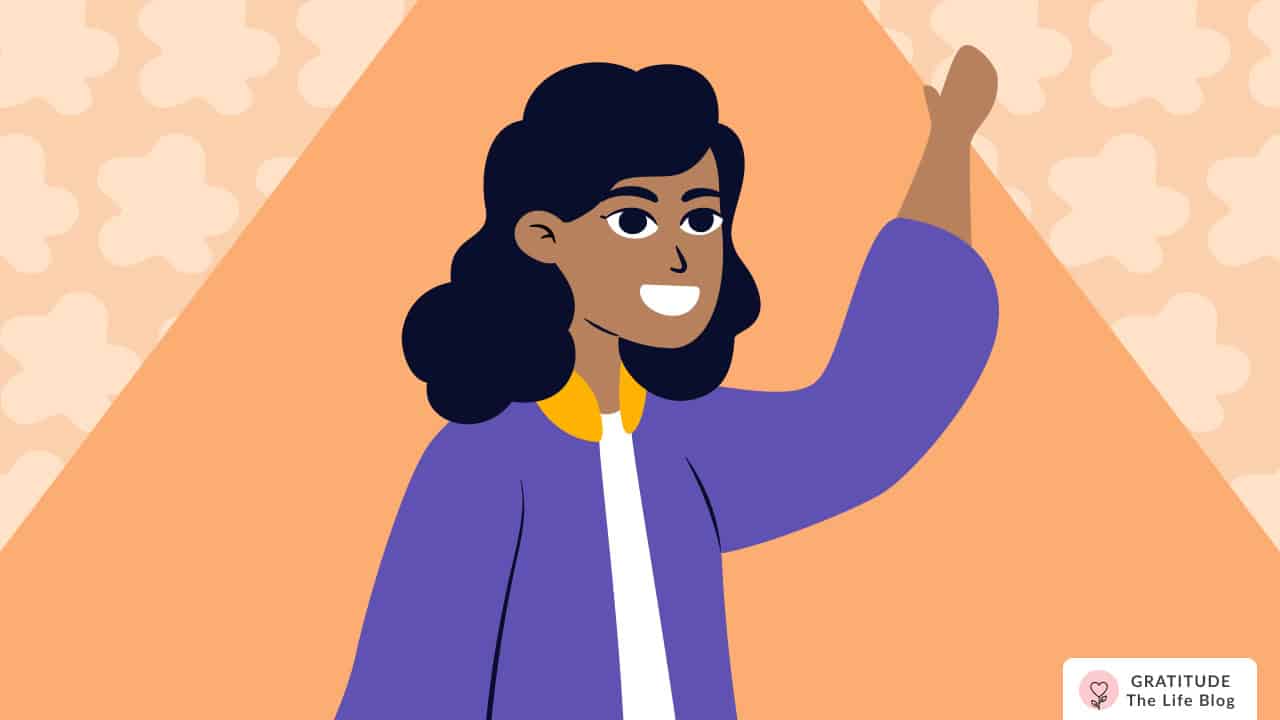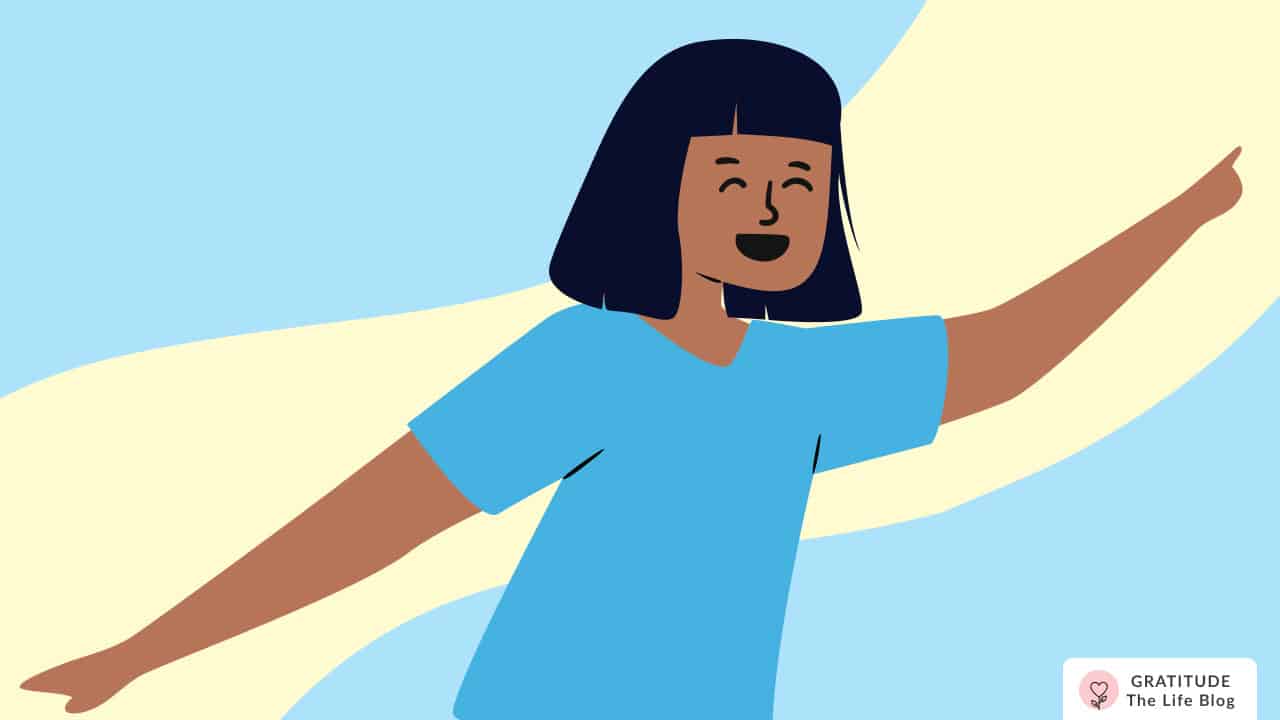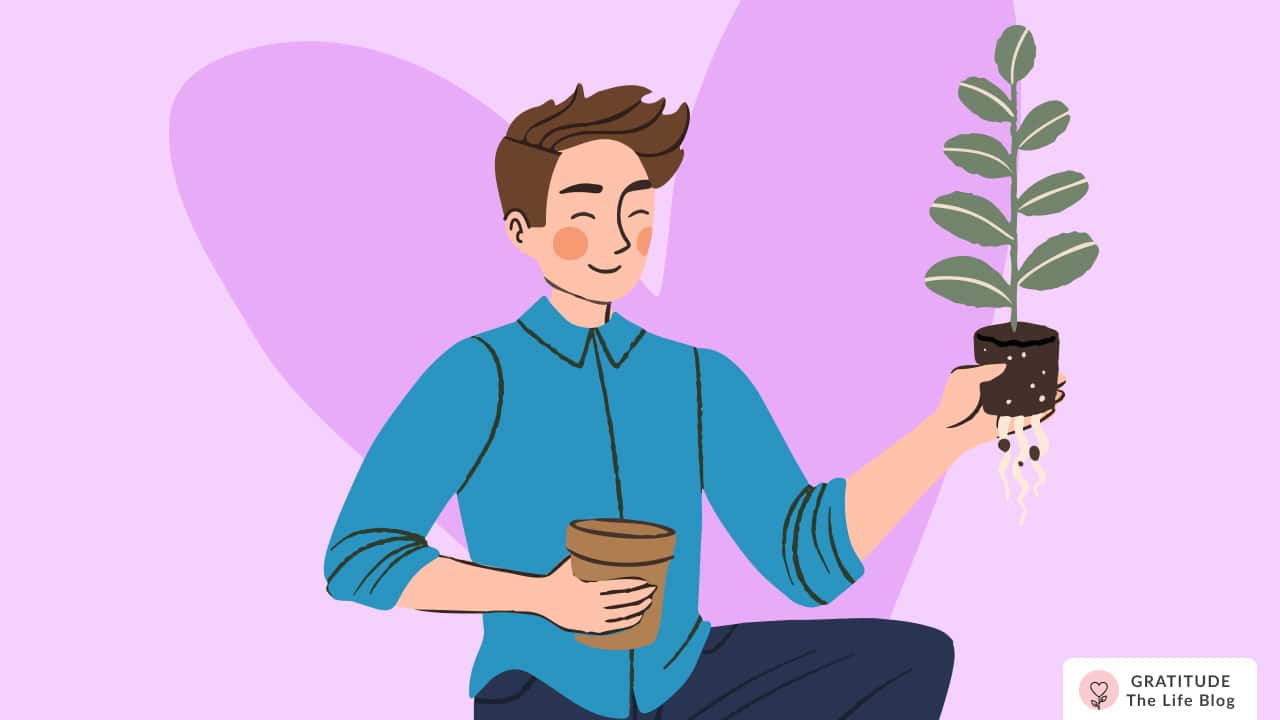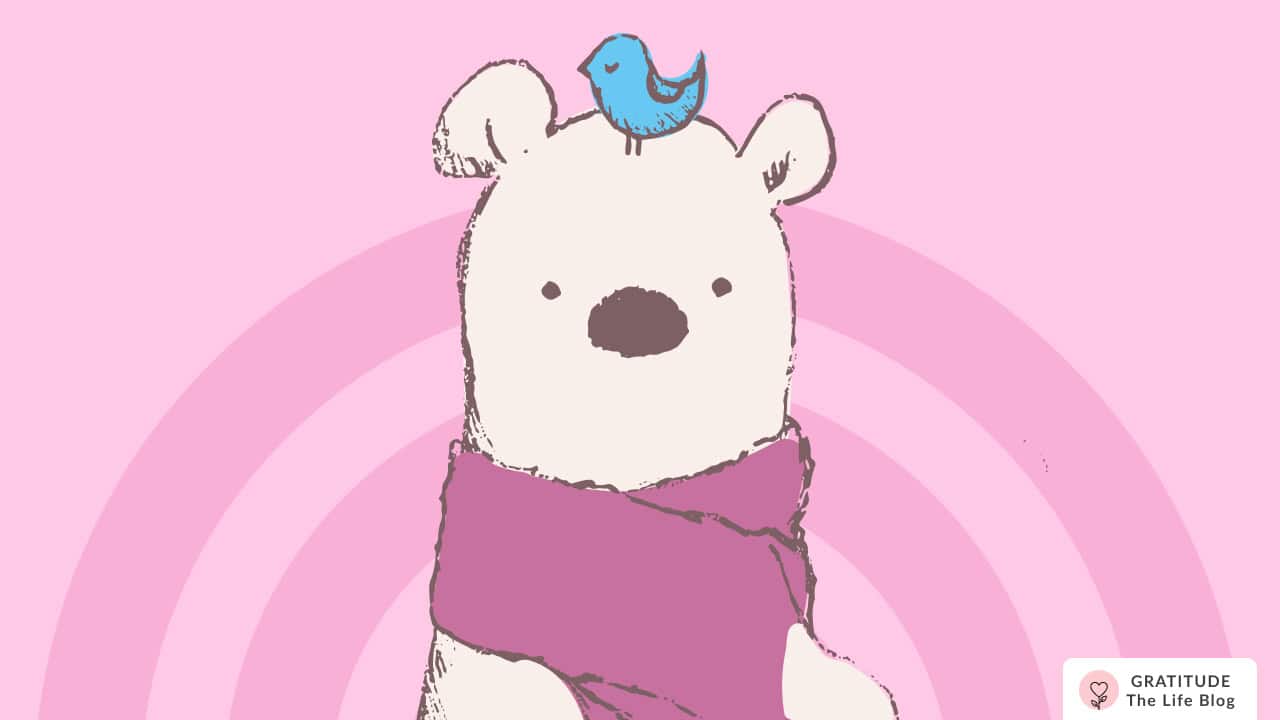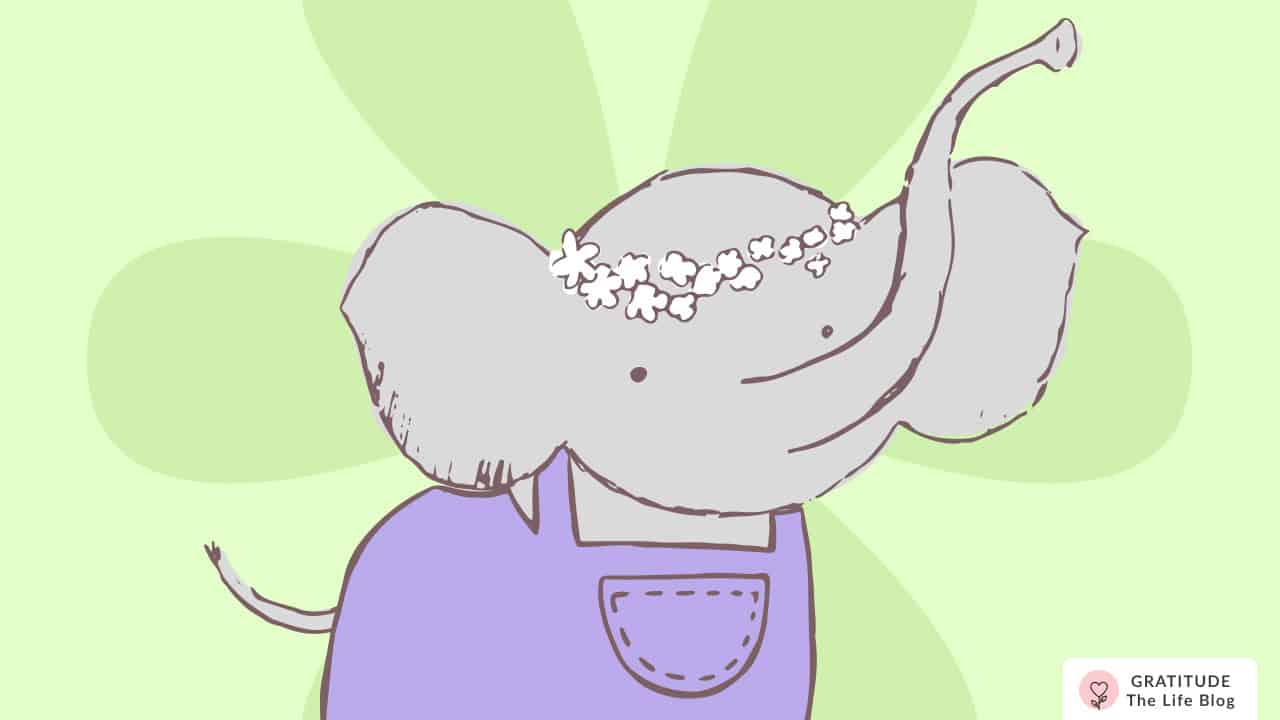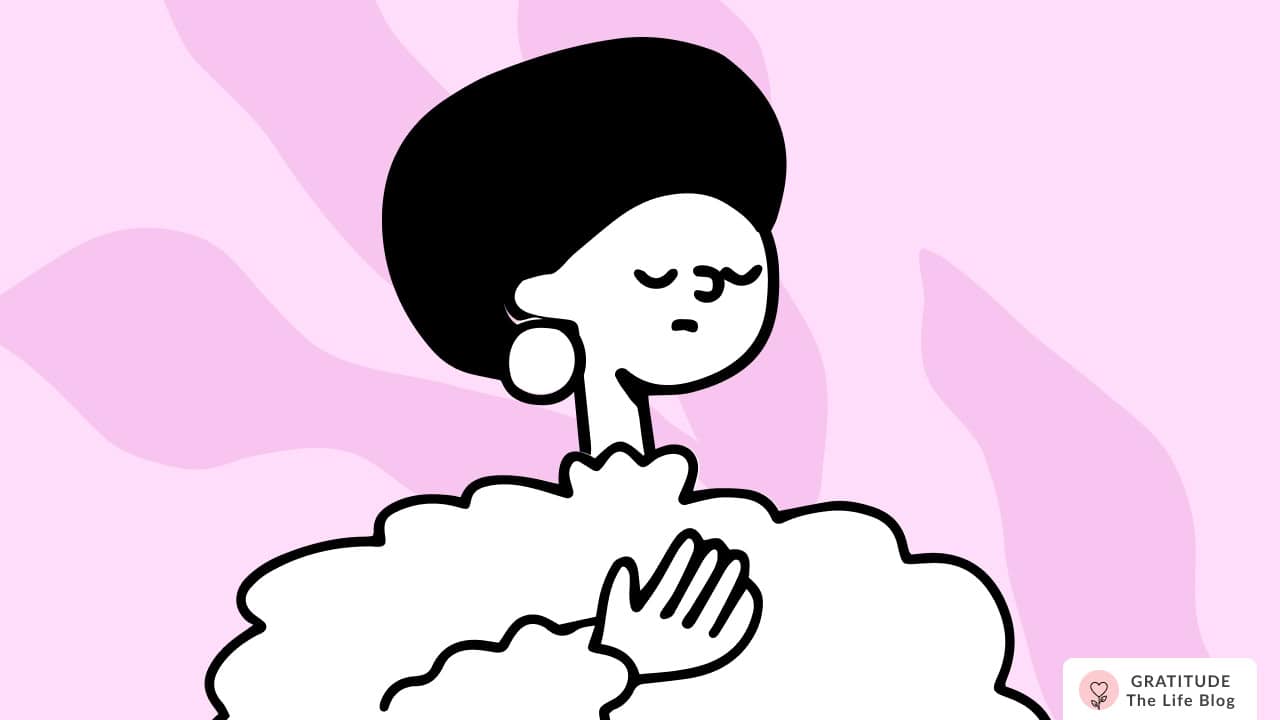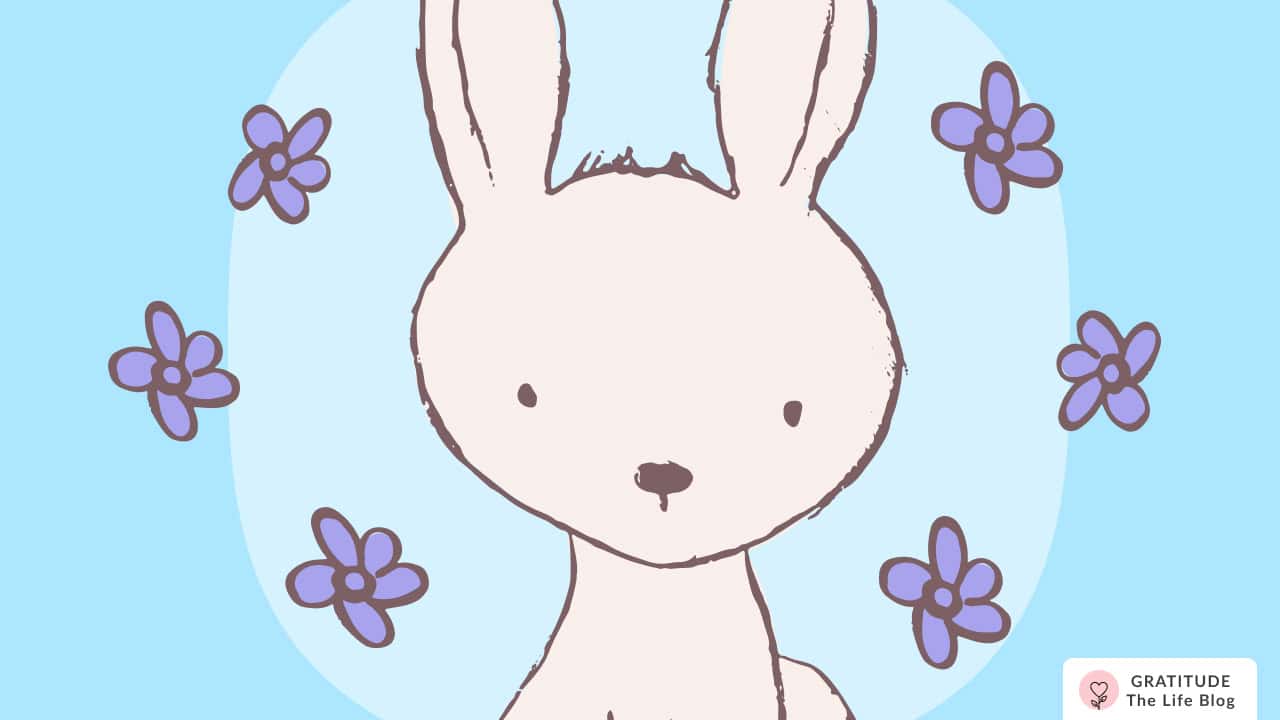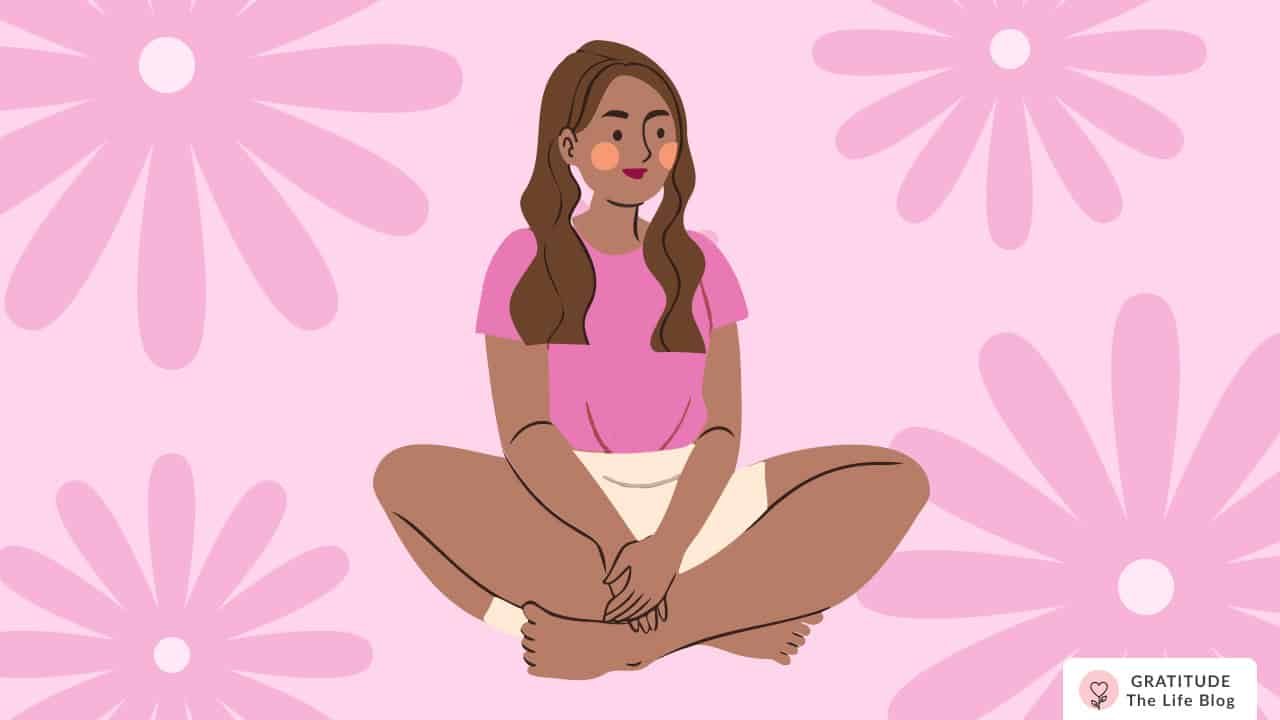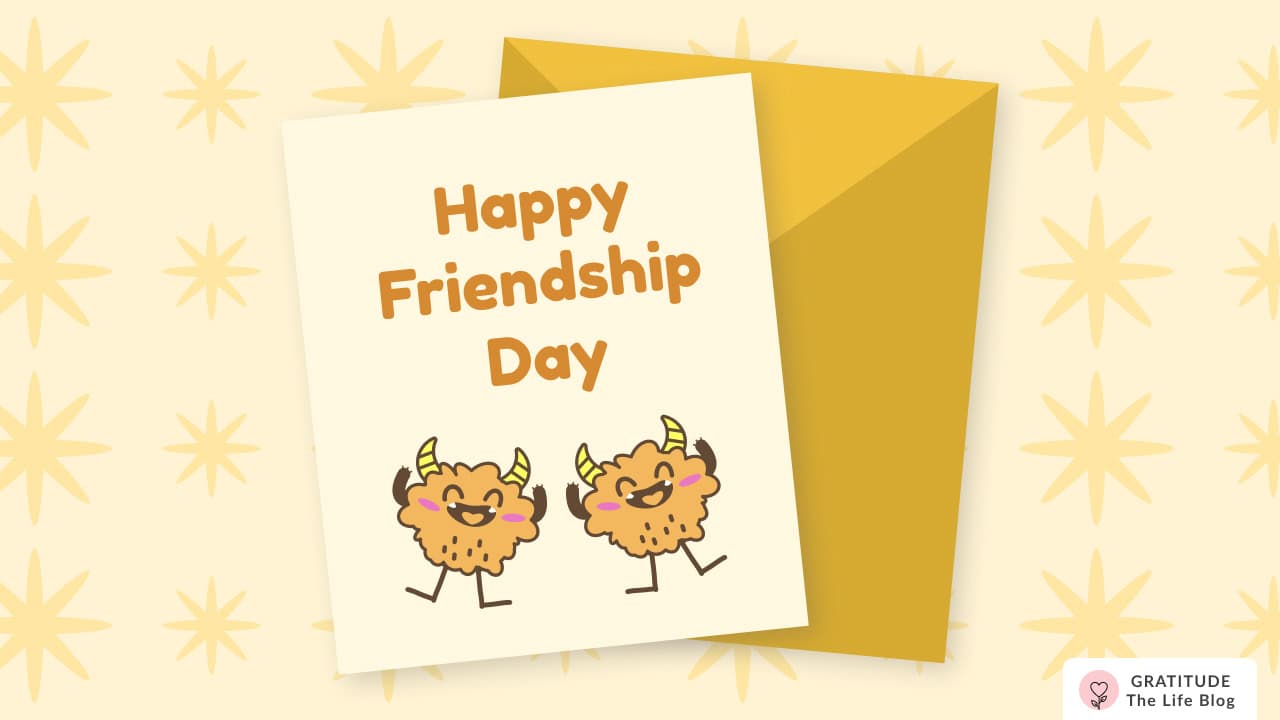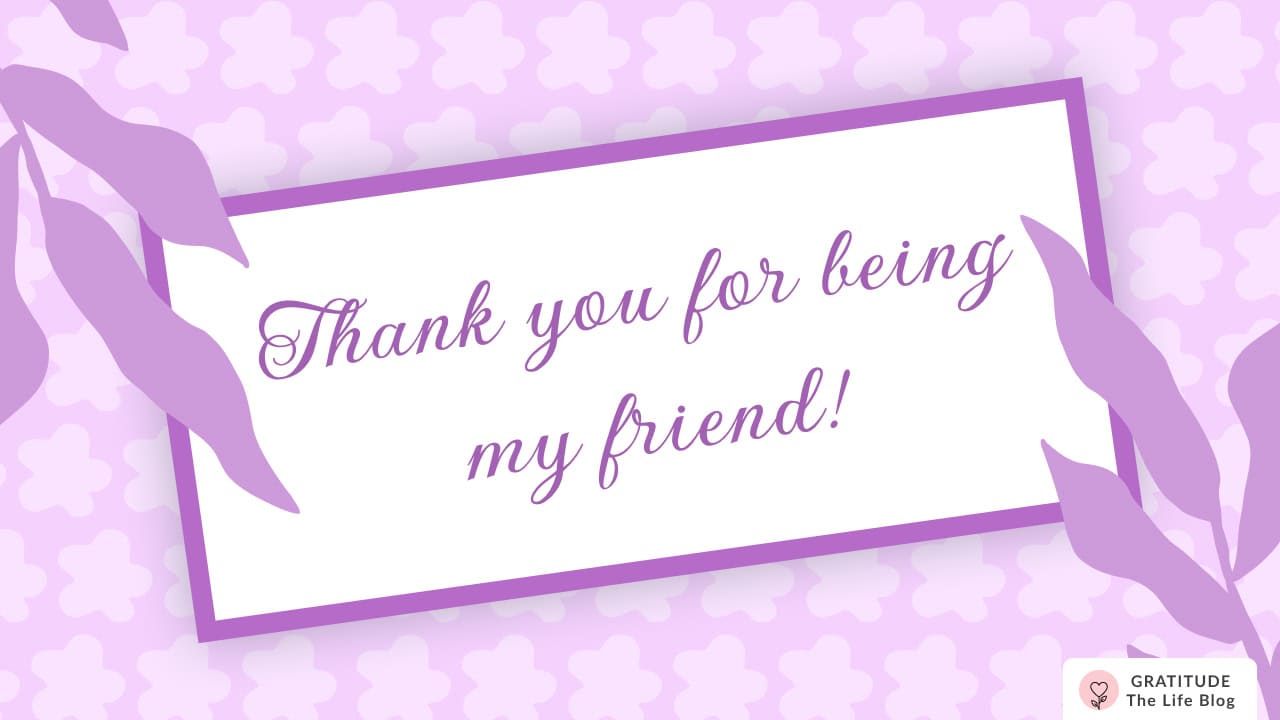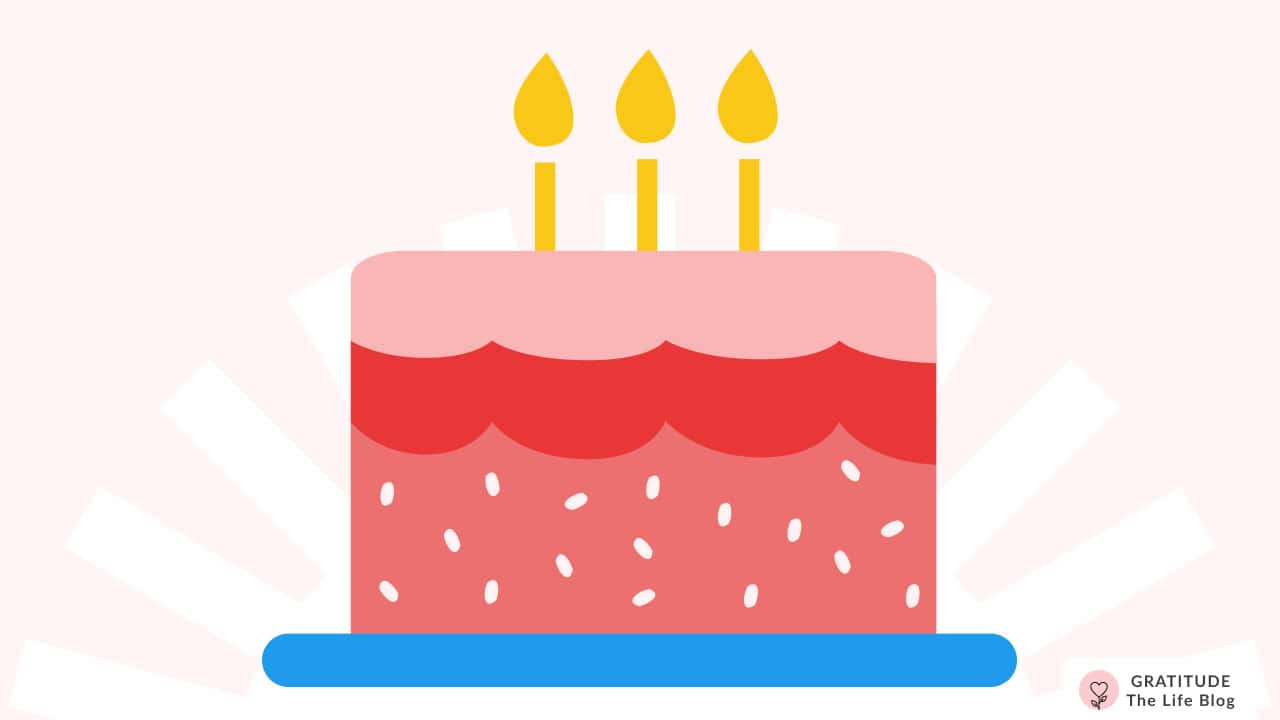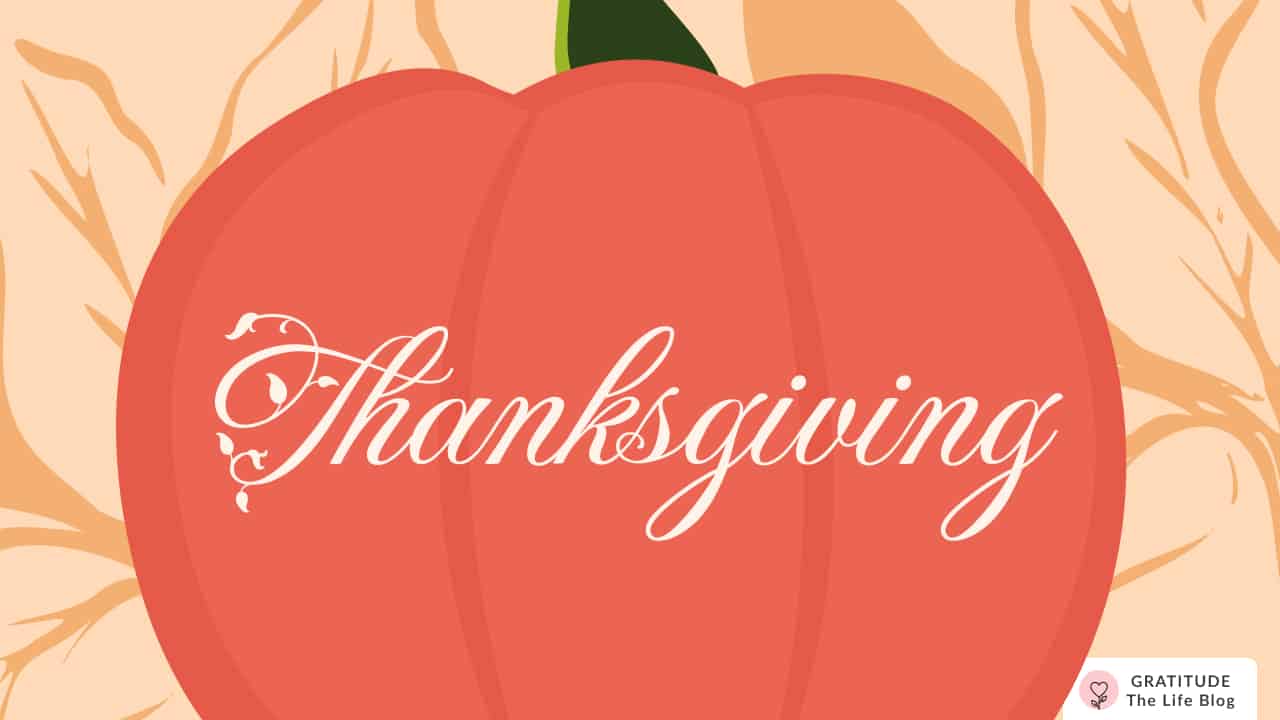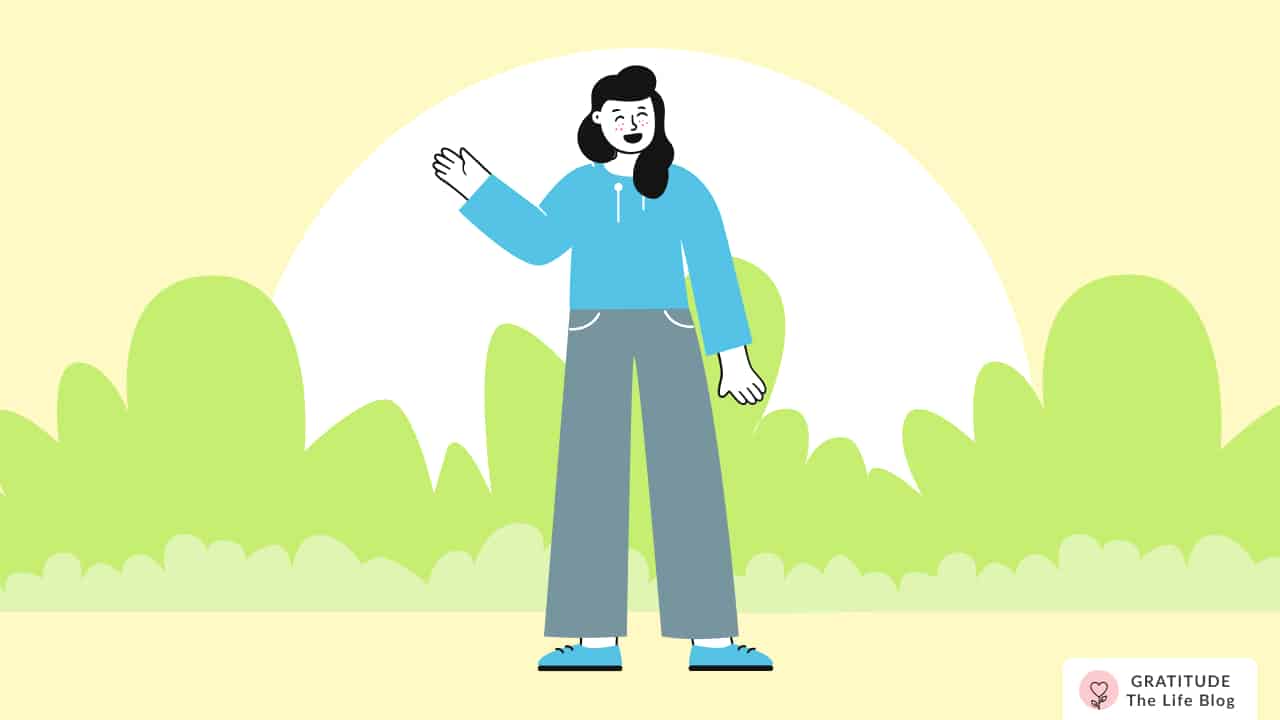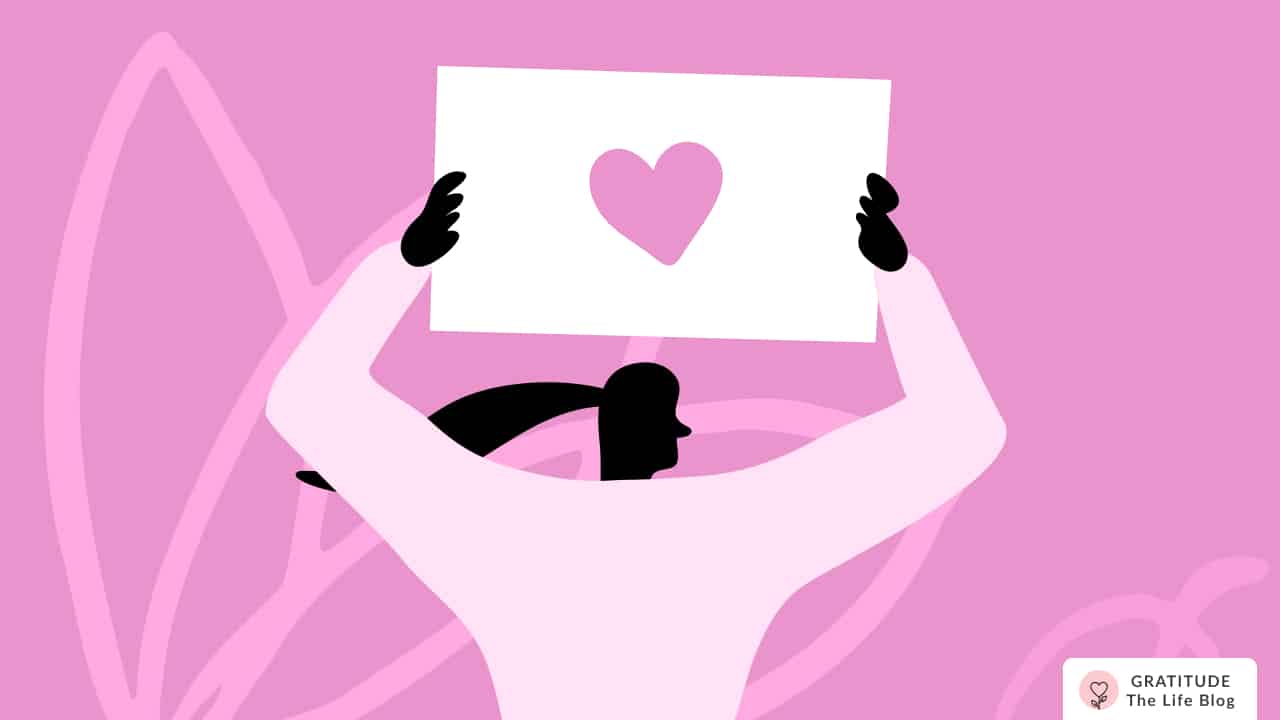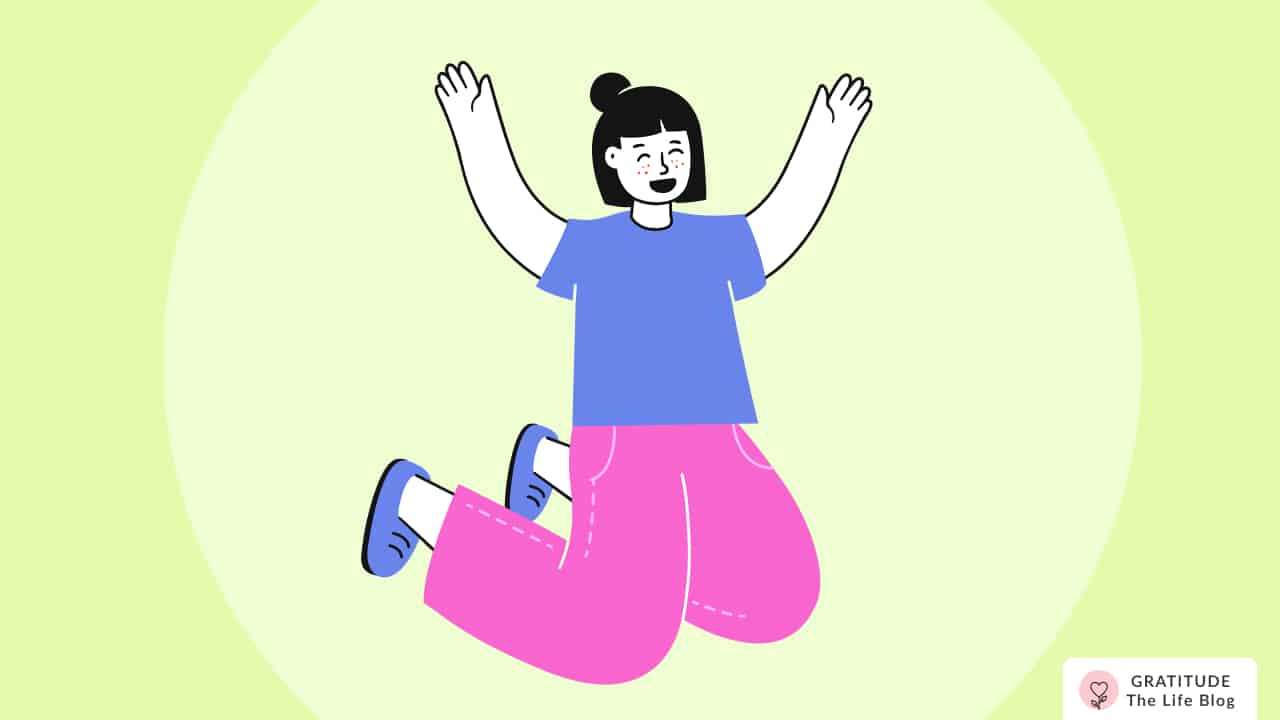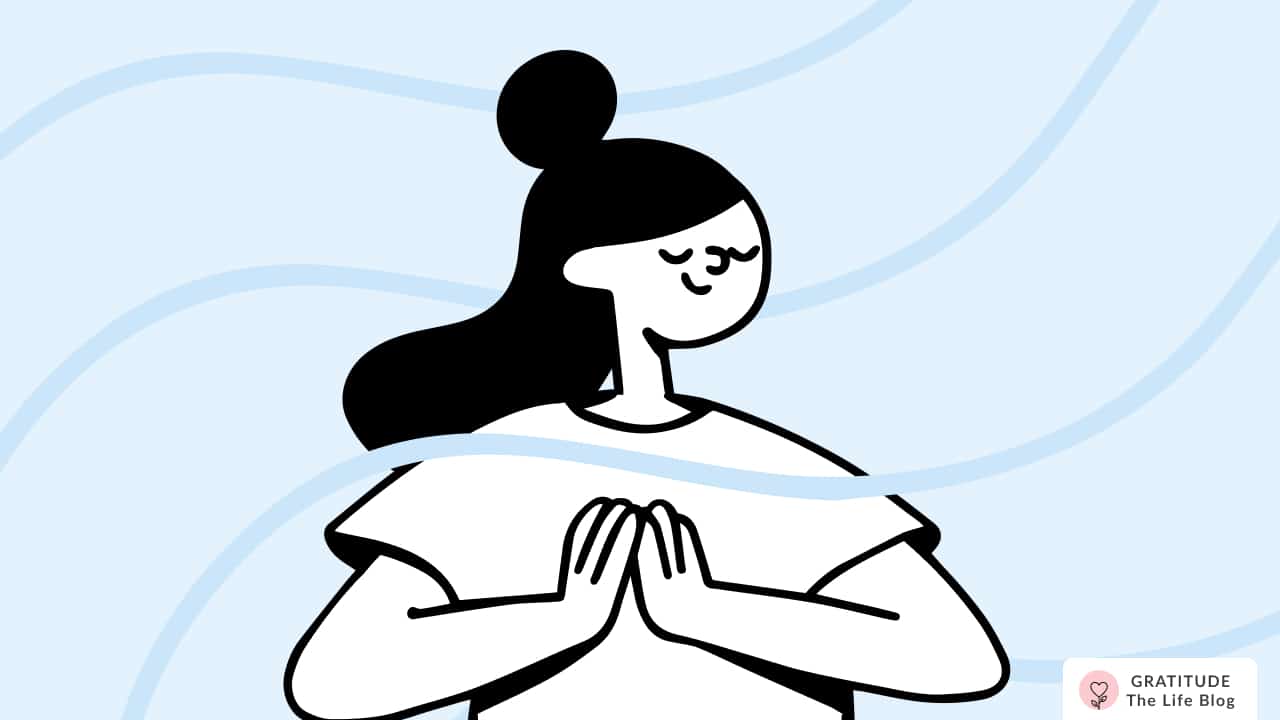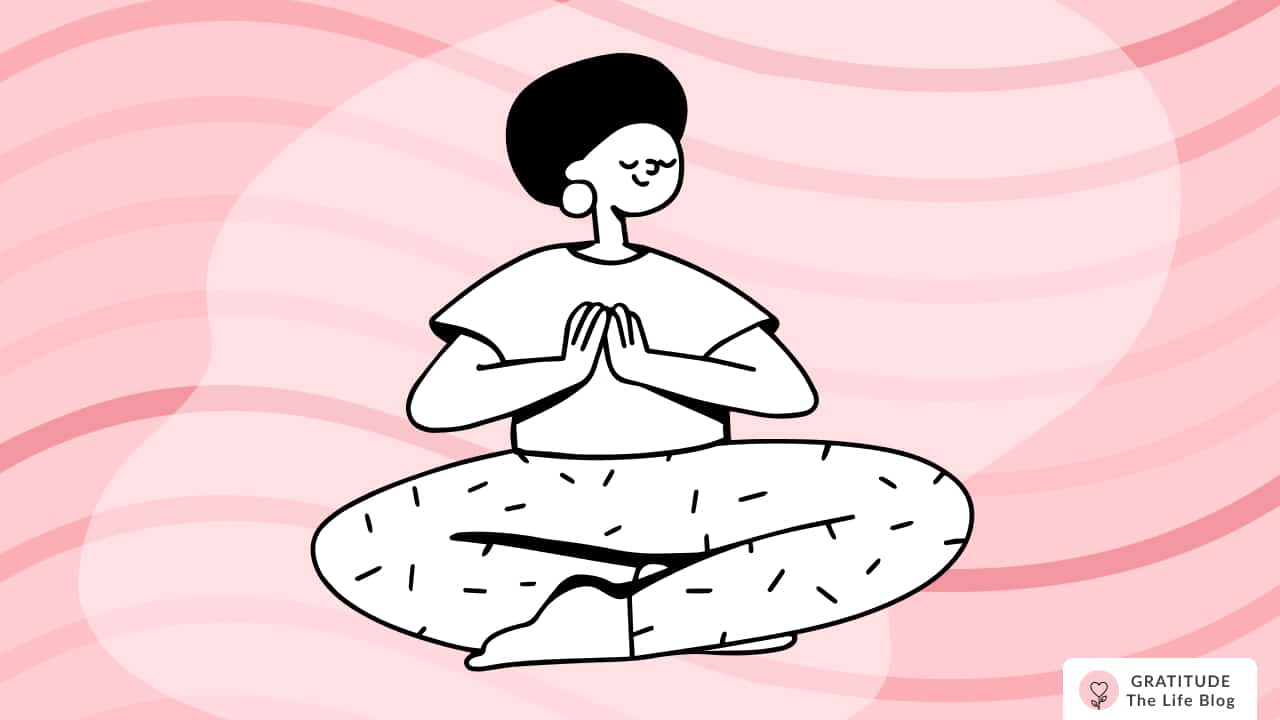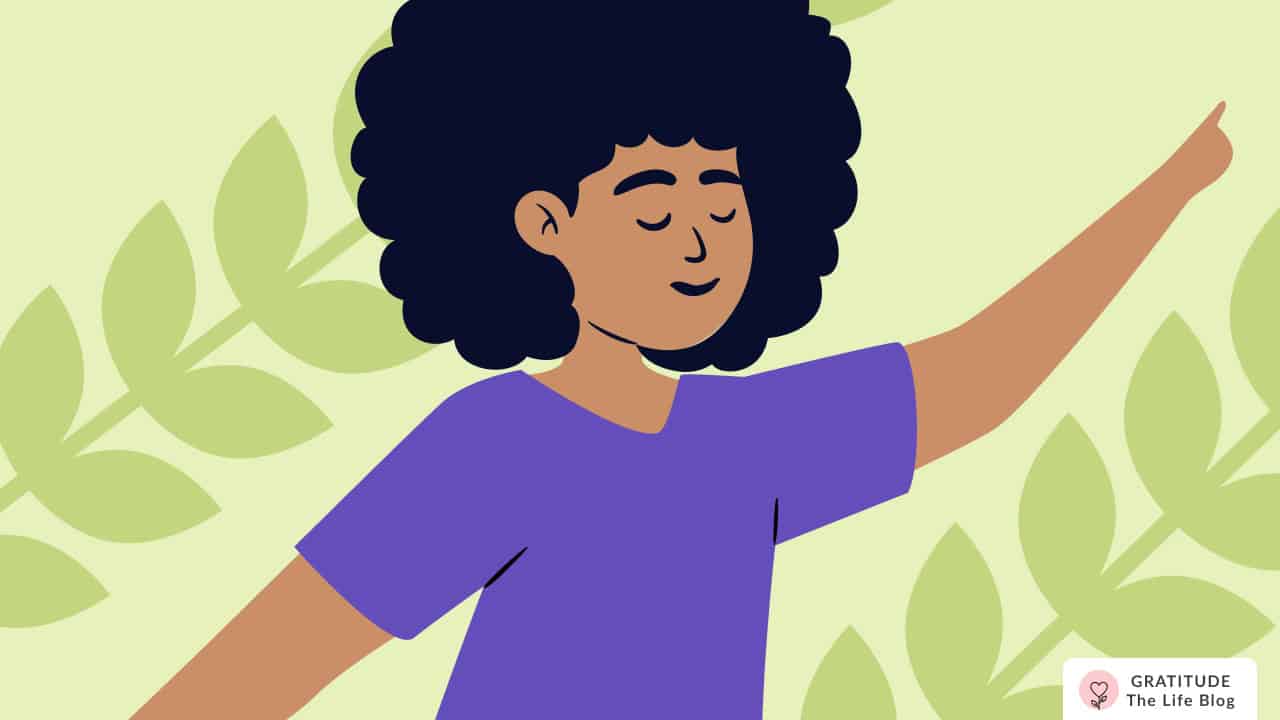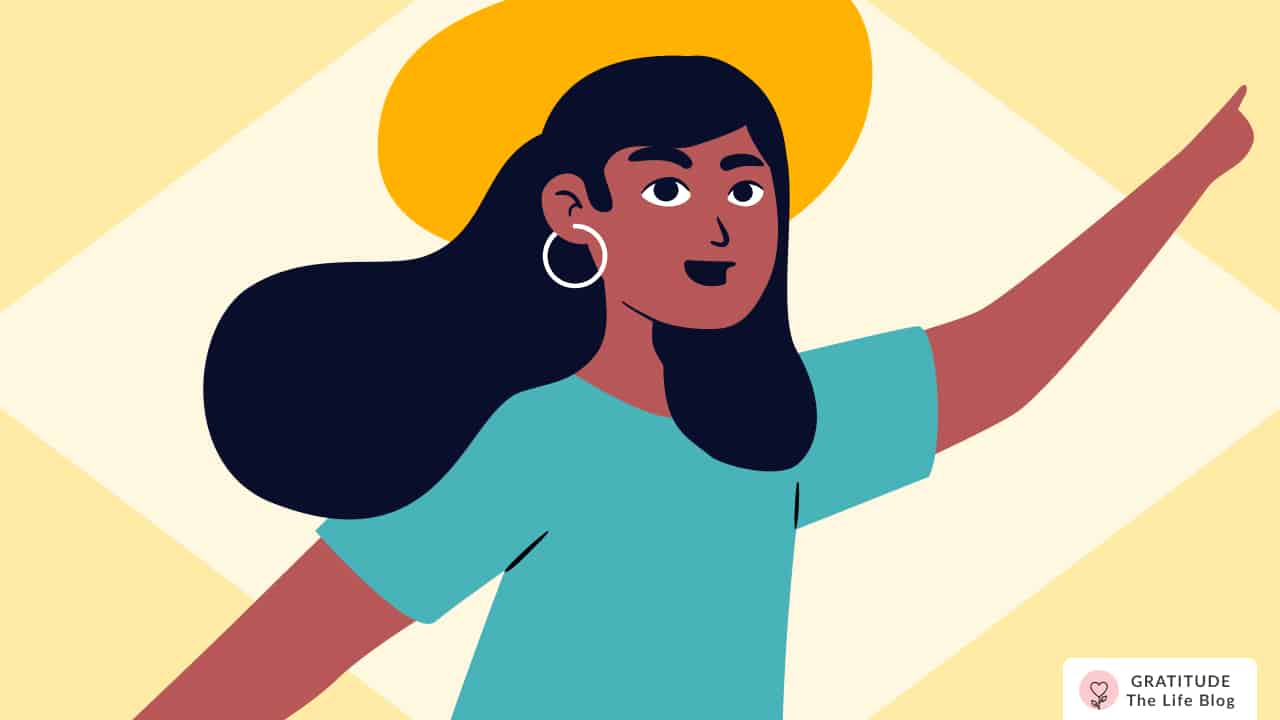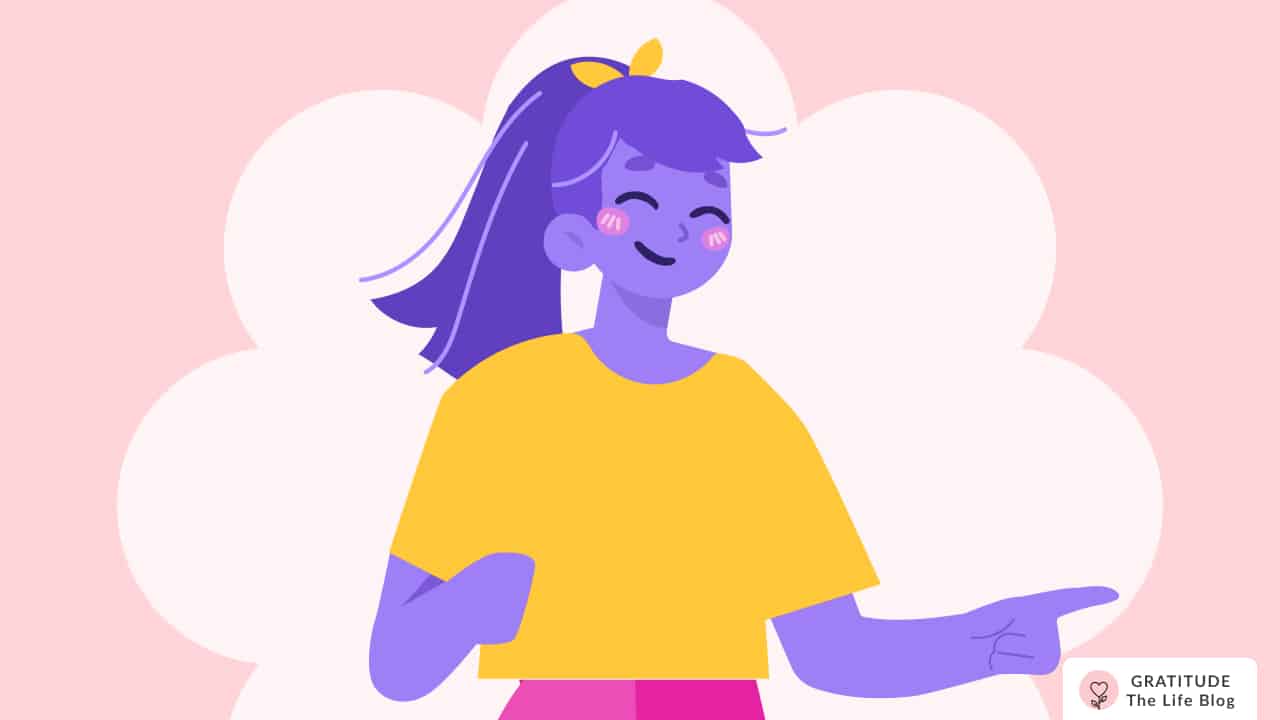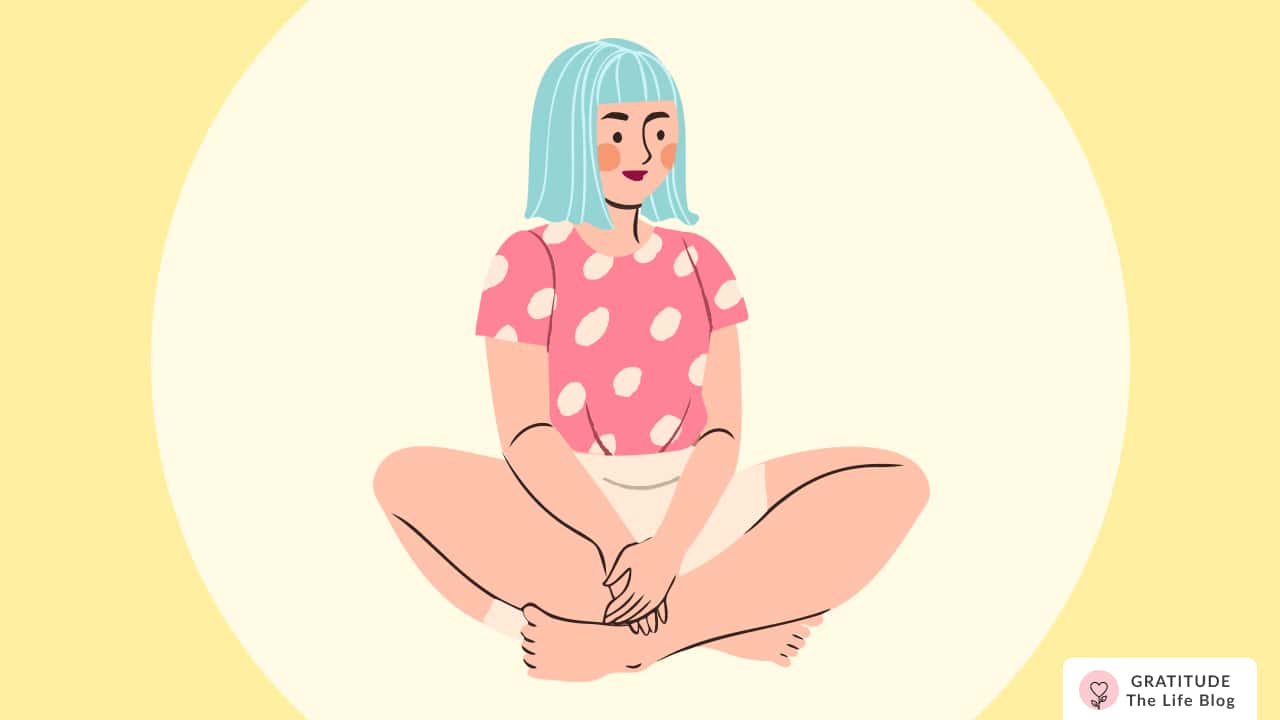Can money buy happiness? Let's find out.
How can we use money to feel happy
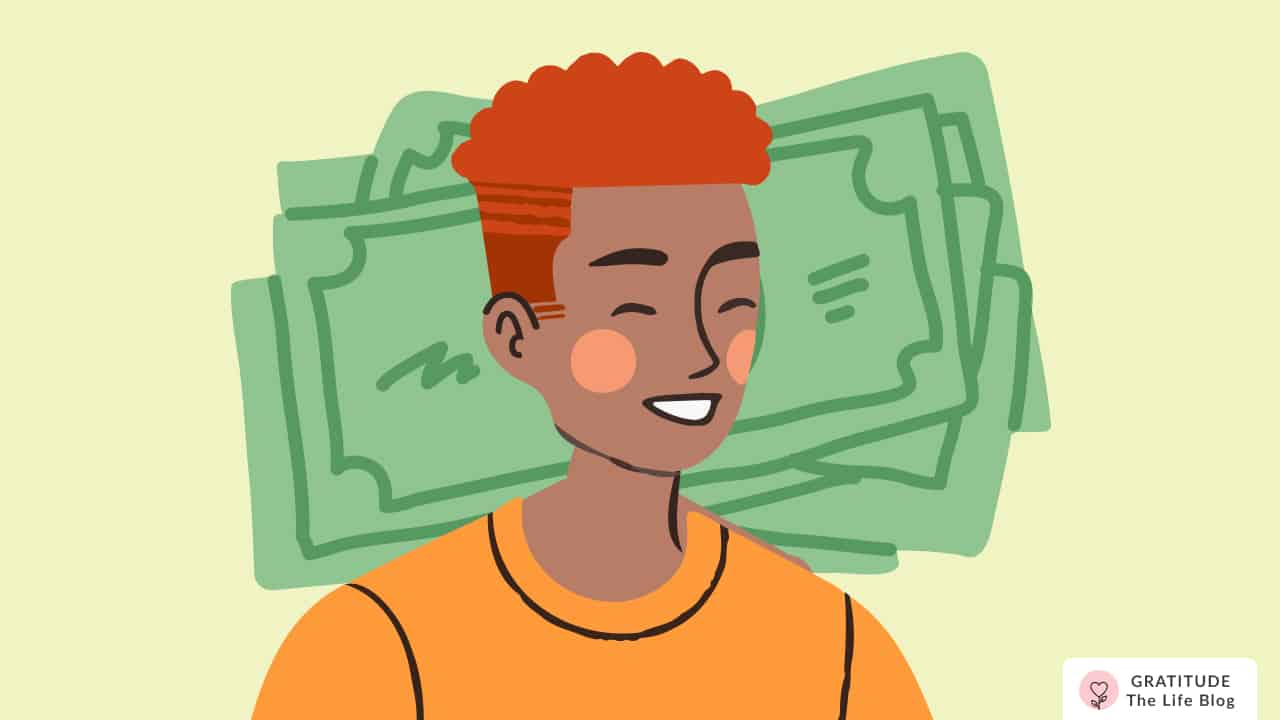
Can money buy happiness? For some people, the answer is a clear yes, and for some, it is a big no. So, let's try an understand the reasons behind them.
When you suffer through counting each dollar you spend after considering a hundred times whether you should or not, when uncertainty, fear, and helplessness overpower hours of your day, of course, money can buy happiness.
We’ll no longer worry about the basic necessities we need to live each day, wonder how to pay the bills and care for our family. The choices that money allows us to make here are more important than anything else.
From another perspective, happiness is thought to be a more inherent experience, independent of outer circumstances. Having it rely on money makes it fragile, superficial, and short-termed.
There are powerful practices like gratitude, mindfulness, and stoicism that are more trustworthy and respectful to be reasons for long-lasting happiness.
So, can money buy happiness?
The answer to whether money can or cannot buy happiness has to take in the varying experiences of people in different economic groups.
Without a doubt, money buys happiness for people suffering from poverty or financial stress. As it is one of the most troubling parts of life, eradicating it immediately makes room for happiness.
But yes, having supportive relationships help in keeping us strong through these times. However, financial stress causes strain on relationships as I have seen. It really is a tough battle and a complicated one.
So, I’ll just tell you what I think. I agree that money can buy happiness, BUT not alone, and not in a thoughtless way.
As I said above, people in poverty need money to be really happy. Their sufferings and problems are the direct cause of not having money. I would be a fool to suggest otherwise.
Just one thing I want to say to them is that I hope you find small moments of happiness during this time, whether through love or the beauty of nature so that you have the strength to keep going.
I’ve been reading Man’s Search for Meaning by Viktor E. Frankl and that book has made it clear to me how important it is to stay hopeful and have something to look forward to in life. To have a meaning in life that keeps evolving according to its phases.
But what about when this level is passed? Can money still buy happiness? Yes, not alone, and not in a thoughtless way.
When we think of how money can bring us happiness, often we think of buying things that would make us happy, like cars, jewelry, a bigger house, a more expensive phone, and whatnot.
Our desires keep getting bigger and bigger. We see wealthy people and our expectations get higher. But, money can’t solely be the cause of happiness. There are multiple reasons or keys to happiness that work together in varying intensities throughout our life.
Depending on how we are, we rely on different support systems, like our relationships, exploring our interests, having a goal to work toward, memories, and more.
But there are meaningful ways that we can use money to feel happy in life for the long term.
When money can buy happiness
As I was thinking and researching this topic, I learned about the phrase - “If you think money can’t buy happiness, you’re spending it wrong.”
What it requires us to understand is that if we use money thoughtlessly and on material possessions, it will not help us feel happier.
Think about what you would do if you got $100 to spend right now. What would you spend it on?
To use money mindfully and to grow and spread happiness, we should spend it on others or on experiences.
The way we can spend money on others is by,
- Giving gifts to our loved ones
- Donating to causes we care about
- Helping someone out in times of need
This method of spending money is thoughtful and prosocial. The emotional reward of using our money to help someone else are immense.
Research on prosocial spending showed that people who spent $5 or $20 on others were significantly happier than people who spent it on themselves.
And when we do spend it on ourselves, it is in experiences we should invest to “buy happiness”. One way to decide whether an investment is a happy buy is to analyze how long it will make us feel happy.
If it’s a purchase that is more exciting before it’s bought and quick to lose its charm, like a handbag, it’s not really a happy buy. In contrast, think of a piano, it will require effort from us to learn it but once we do, it’s a lifetime of joy.
Similarly, a vacation with your best friends gives you not only a time of happiness together but also abundant stories and memories to live back on for years to come.
Another small investment I love is a good book. Oh, the excitement to get lost in a story, fall in love with people I don’t know, deeply care for them, live another life through them, and keep remembering them forever - it’s definitely a purchase that gives me happiness for a long, long time.
Also, you can buy a subscription to an app that will help you take care of your health like the Gratitude app. It's another way to use money to support your wellness.
So, whenever you consider how to use money for your happiness, think of how you can help someone else with it or give yourself a memorable experience.
And, keep in mind, money is not the foolproof way to happiness. Even in the ways that it does bring happiness, it is focused on community and meaningful experiences.
So, with or without money, try to keep yourself rooted in these footholds.
And, that's all I have to say! If you liked this article, be sure to share it with your friends and family. I wish you the best :)
Continue Reading: 100 Money Affirmations for Financial Abundance and Wealth

